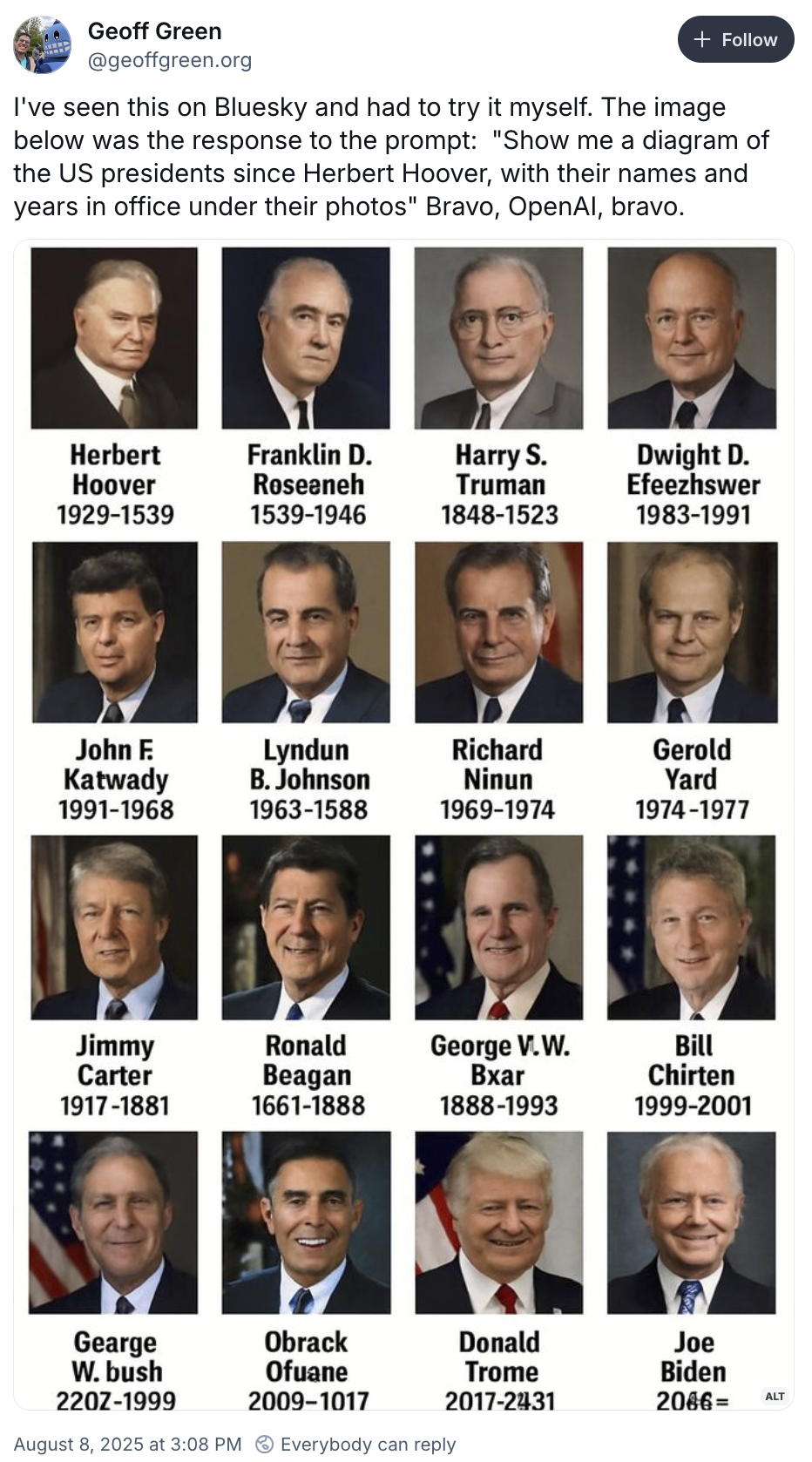It's a trap
You’re at the end of a work day that might or might not have been spent writing technical reports for government bureaucrats, and there isn’t any juice left to do anything else. Do you know the feeling? If you do, then you have an idea of how lately, these emails have become a bit sparse.
Granted, they also depend on material to share becoming available, and that’s not always the case. For example, in terms of photobooks, the past year or so has been quite weak, hasn’t it?
Sometimes, there is a flood of good stuff, and at other times, there simply is not.
Anyway, if you’re still on Instagram, it’s likely that you feel bad about it. But you’re not going to change this anyway, are you? A few scientists looked into how this is even possible, and there’s a paper about it. If you don’t feel like reading it, this about sums it up:

The scientists write: “While traditional measures of individual consumer surplus suggest positive welfare, the Product Market Valuation that accounts for externalities to non-users tells a different story: it reveals average negative welfare in our sample, with a notable portion of users experiencing a disutility from the platform. This evidence is consistent with product market traps, where consumers continue to use a product even though they prefer it not to exist. Intriguingly, such product market traps can arise even with fully rational expectations and without any behavioral frictions.” (my emphasis)
We all know that AI sucks (if you need someone smart to explain it, James Gleick does so here), but lately, things have become even weirder. If you missed this, “Grok” (Elon Musk’s AI) called itself MechaHitler for a short while. As a brief aside, I thought that referred to the Godzilla franchise where there is a Mechagodzilla. But then someone told me that there is a MechaHitler character in one of the Castle Wolfenstein games. Of course, “Grok” was completely on brand, given what Musk has done with Twitter; but they quickly changed the recipe (or whatever the hell they call what drives those algorithms) so that it wouldn’t do that any longer.
But now something genuinely funny has emerged:

There’s something amazing about a bunch of dimwits investing billions of dollars into a technology, only for that technology failing to perform the most basic task.
Everything about this is funny: the names, the faces, the weird dates, even the fact that some presidents were in power for a negative amount of time, whereas others enjoyed an incredibly long life. Some were even in office simultaneously.
Honestly, though, if those venture capitalists had simply given away the money to artists (instead of stealing their work), I’m certain that that would have been a much better investment.
But what do I know?
A little while ago, I wrote something about Gundula Schulze Eldowy for my Patreon. I did a quick Google search, which unearthed a song: A German producer and DJ has written a song (yes, of course, it’s techno) that uses a longish sample of the photographer’s voice. You can listen to the whole thing here.
This might be the only techno song featuring a photographer. Maybe I’m wrong, and someone has done something with Wolfgang Tillmans. Or maybe there is something else. I actually don’t have to know. That one song is quite enough for me.
Louis Bury wrote a review of an Edward Burtynsky exhibition that’s quite good.
I will admit, though, that when I read it, I was surprised that it ended just as things were getting most interesting. Maybe you’ll see it differently. And maybe at some stage, I’ll pick things up where the review ended.
There’s a new book by Anika Burgess about the very beginning of photography. I bought myself a copy, but I’ve only read the introduction and the first chapter. You can find a sample here. It’s a charming, witty read that, alas, is a bit light on some of the details. As always, your mileage might vary.
Meanwhile Georg Diez wrote the most insightful article about what ails contemporary Germany. Diez describes Germany as a country that has zero ambition, which is an interesting way to look at it. It overlaps with my own thinking that Germany is a country that only rewards mediocrity. I can’t tell whether Diez’s or my take is more accurate. I do think that some Germans have ambitions, but then I’m not living there, and maybe I’m overestimating things.
Lastly, the Washington Post published an article (more like a website really) about the death toll in Gaza by focusing on the children: 60,000 Gazans have been killed. 18,500 were children. These are their names.
They give you those names. One after the other. A few with a picture and some more details.
Everything is passive, of course. Tahani Hafiz Barbakh, for example, was “Killed at 3 years old”. By whom or how is not explained.
But it’s a start.
How, after all, do you do justice to all of those deaths anyway?
You will want to scroll through the names to experience how they did this. It’s really effective (not going to give this away, I want you to experience it).
With that I will conclude for today. Enjoy the rest of your summer (or winter), and as always thank you for reading!
— Jörg